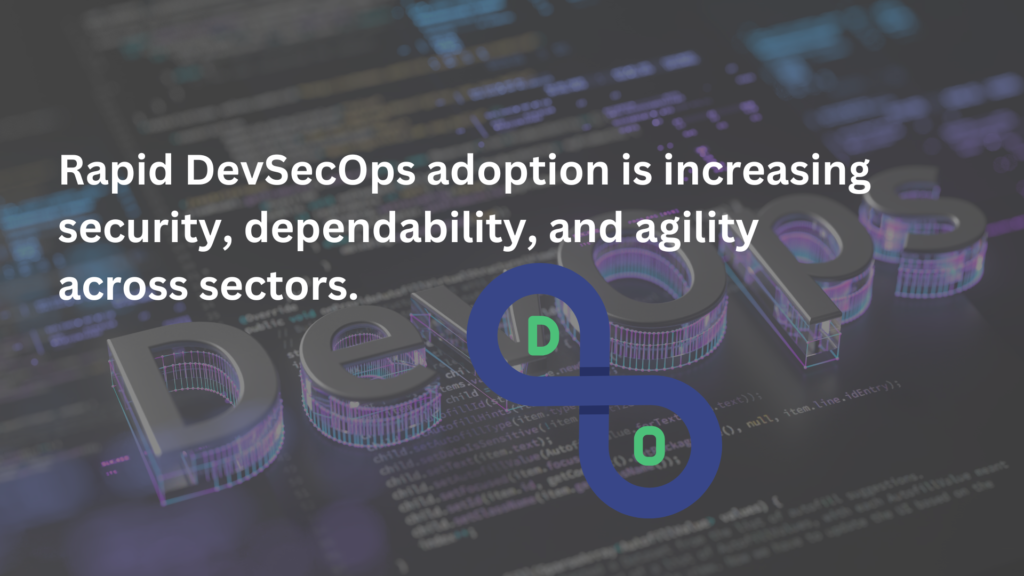CXO
UPDATES
Rapid DevSecOps adoption is increasing security, dependability, and agility across sectors.
Yes, that statement is generally true. Rapid DevSecOps adoption can lead to increased security, dependability, and agility across sectors.

The current pandemic has been a watershed moment for enterprises to adopt cloud computing, remote working techniques, and a BYOD culture, forcing those who did not do so previously. Yet, these digital advances have also expanded the danger landscapes, adding to the already existing demand on IT and security experts.
Previously, with cloud migration, software engineers were continuously challenged with short delivery expectations while ensuring the bridge of communication between teams was not severed. While being handled by the DevOps approach, the security issue was not highlighted. Even the most powerful software may fail if security safeguards were not in place, resulting in customer and revenue losses. Regrettably, API Services, third-party code libraries, and open-source project repositories have all become attack vectors.
DevSecOps is an approach that combines development, security, and operations into a single process to produce software more efficiently and securely. By incorporating security measures into the development process from the outset, DevSecOps helps to reduce the number of vulnerabilities that can be exploited by attackers.
One of the key benefits of DevSecOps is its focus on automation. By automating as much of the software development process as possible, DevSecOps can speed up the delivery of software while also improving its quality. This can lead to increased agility, as organisations can respond more quickly to changing business needs.
In addition to agility, DevSecOps can also increase dependability by ensuring that software is thoroughly tested before it is released. This can help to prevent issues such as crashes or downtime that can damage an organisation’s reputation.
Finally, DevSecOps can increase security by making security a core part of the software development process. By embedding security into the development process, DevSecOps can help to identify and address vulnerabilities early on, reducing the risk of security breaches.
This rapid advancement of technology demonstrates the numerous advantages it provides. DevSecOps delivers ongoing security across the app life cycle by using the security by design approach. The attack surface is reduced by automating the examination of security code and application testing. The development lifecycle is greatly simplified and efficiency is boosted with minimum disruptions and increased team participation. Once security vulnerabilities are identified and resolved promptly, delivery speed and product quality improve.
Once security vulnerabilities are identified and resolved quickly, delivery times and product quality increase. It is vital to emphasise that cloud service providers are responsible for safeguarding the cloud rather than ‘in’ the cloud. DevSecOps can help with the latter and make cloud computing more secure. The automation of security, monitoring, and alerting in the DevSecOps lifecycle improves regulatory compliance.
Overall, rapid DevSecOps adoption can bring many benefits to organisations across sectors, including increased security, dependability, and agility.